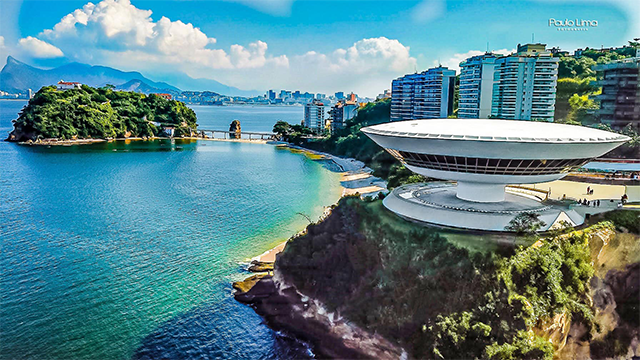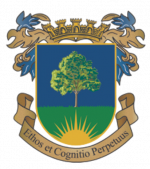Referência no desenvolvimento de
O LATEC, vinculado à Escola de Engenharia da UFF, tem como missão contribuir para o desenvolvimento econômico, ambiental e social do Brasil.
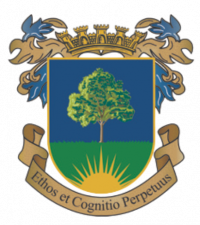

DOUTORADO
O Programa de Doutorado em Sistemas de Gestão Sustentáveis é a evolução natural das competências profissionais, acadêmicas e de trabalho em equipe dos docentes do Curso de Mestrado Profissional em Sistemas de Gestão. Tais docentes compõem, desde 2000, uma equipe de pesquisa interdisciplinar na Escola de Engenharia da UFF.
MESTRADO
O Mestrado em Sistemas de Gestão tem carater multidisciplinar, objetiva a reflexão sobre modelos de gestão organizacional de modo a assegurar um processo de produção seguro quanto à garantia dos bens/patrimônio, atuação responsável, ética e impactos no meio ambiente.
MBA e
EspecializaçÃO
Os MBA’s e Especializações do LATEC UFF objetivam a continuidade da formação acadêmica. Os cursos desenvolvem-se através de uma mescla dos saberes acadêmico e profissional,e o aprendizado dar-se-á de forma dinâmica e participativa.
Cursos de
Extensão
O LATEC também oferece cursos de extensão em Desenvolvimento de Liderança em Ambiente de Trabalho Remoto em instituições como o Tribunal de Justiça do Rio de Janeiro (TJRJ) e ENEL.
Organização de
Eventos
Organizamos anualmente com apoio de Instituições parceiras diversos eventos na forma de Congressos, Palestras, Worhshops e Seminários. Destacamos o Congresso Nacional de Excelência em Gestão e o INOVARSE. Visite os websites de nossos eventos!
Publicações Científicas
Relevantes
Informativos
Notícias e Eventos
Call for Papers – 5th South American Industrial Engineering and Operations Management Conference, Bogota, Colombia, May 7-9, 2024
Contribute a Paper at the 5th South American Industrial Engineering and Operations Management Conference in Bogota, May 7-9, 2024. Dear...
Special Track on “Trans- and Inter-Disciplinary Research, Education, and/or Communication” to be held in the context of 15th International Multi-Conference on Complexity, Informatics and Cybernetics: IMCIC 2024, which has been based in Orlando, Florida, USA, and will take place on March 26 – 29, 2024.
You should submit your abstract (300-600 words) at: https://www.iiis-2024conf.org/Spring-SpecialEvents Accepted articles for which at least one author registered for the...
Call for Papers, “World Symposium on Climate Literacy”, Manchester, UK, 9th-11th September 2024– Deadline for Abstracts: 30th April
Climate change literacy is crucial as it may empower individuals and communities with the knowledge to understand the impacts of...
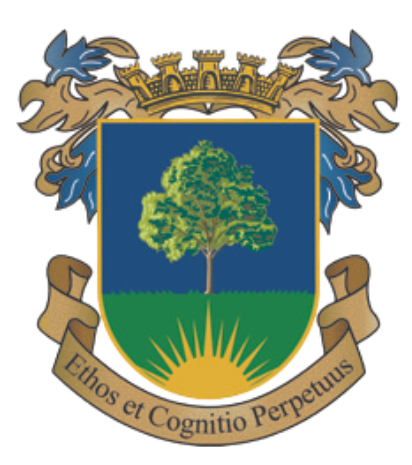
Latec
Laboratório de Tecnologia, Gestão de Negócios e Meio Ambiente
O LATEC, vinculado à Escola de Engenharia da UFF (Campus Praia Vermelha – Niterói/RJ), tem como missão contribuir para o desenvolvimento econômico, ambiental e social do Brasil por meio de promoção de pesquisa científica, inovação, desenvolvimento de tecnologias alternativas e sustentáveis, produção e divulgação de informações e conhecimentos técnicos e científicos.

O LATEC / UFF está associado ao WSD RTC – Centre Of The World Sustainable Development Research And Transfer Centre
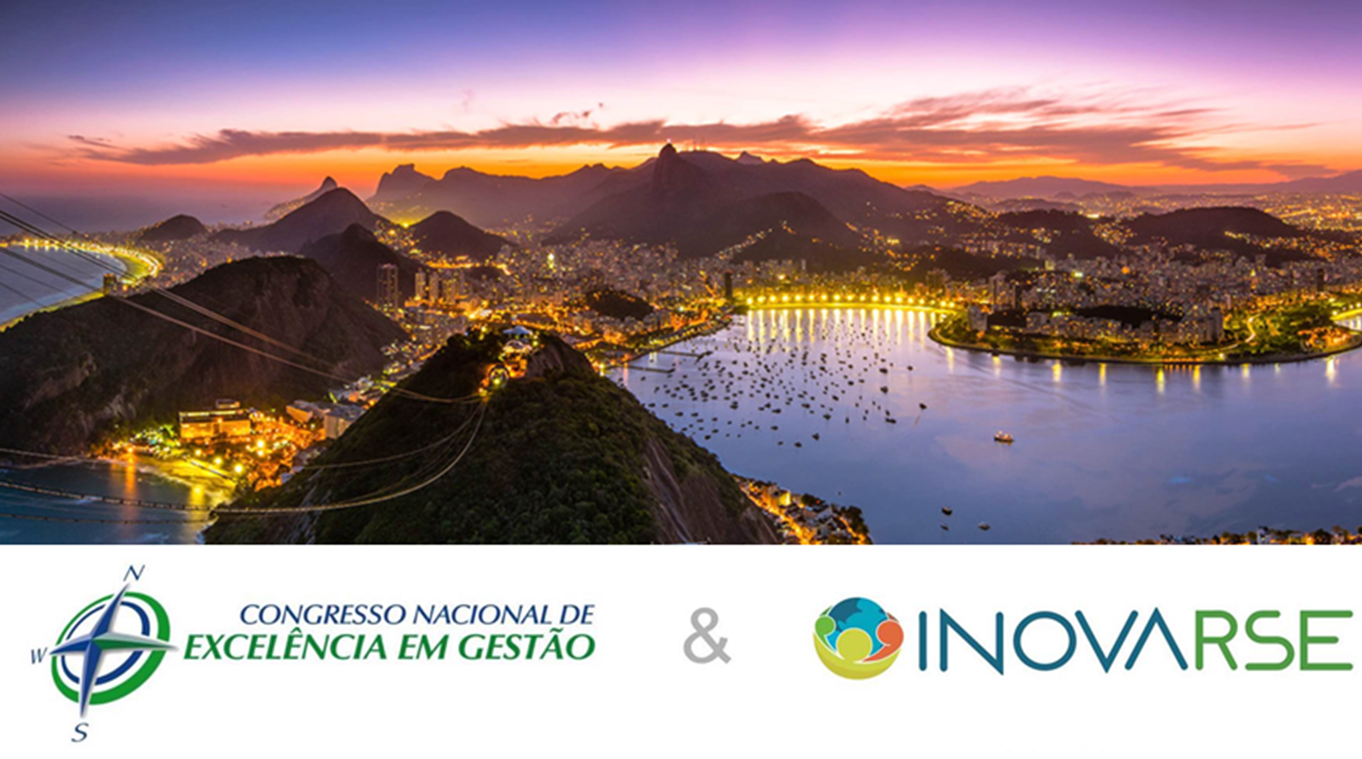
CNEG 2022
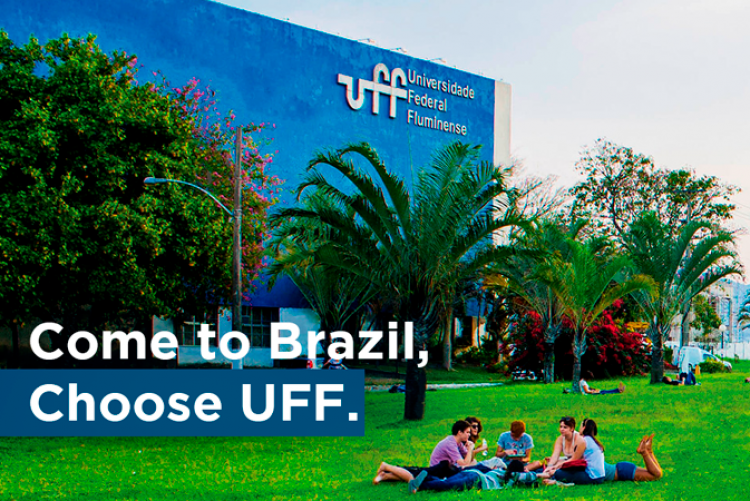
Estude na UFF
